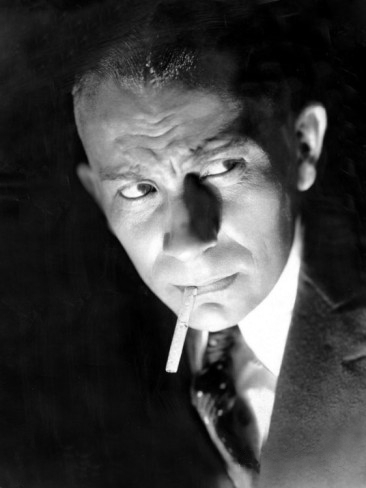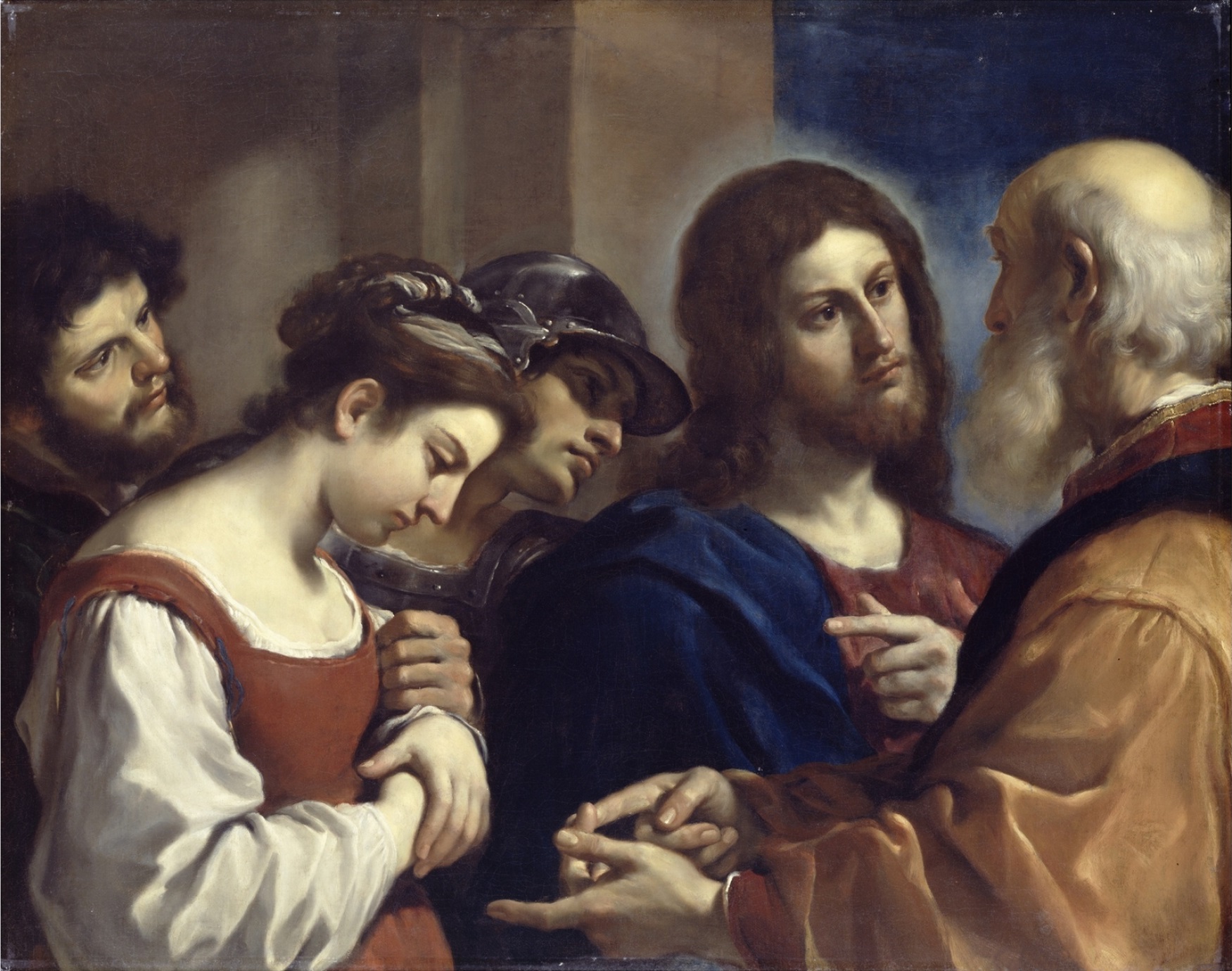|
Madame X (1920 Film)
''Madame X'' is a 1920 American silent drama film directed by Frank Lloyd and starring Pauline Frederick. The film is based on the 1908 play '' Madame X'', by French playwright Alexandre Bisson, and was adapted for the screen by J.E. Nash and Frank Lloyd. A copy of this film survives in the George Eastman House Motion Picture Collection. The play was previously adapted for the screen in 1910 and in 1916. The play has been subsequently remade several times. Plot As described in a film magazine, jealous husband Louis Floriot (Courtleigh), refusing to forgive his wife Jacqueline (Frederick) for fleeing from his wrath and living with the friend who presses his attentions on her, forces her into the life of a derelict. Twenty years later she returns to France from Buenos Aires believing that her son Raymond has died. Laroque (Ainsworth), a crook who aids her in her return to France, learns that she is married to a man of wealth, and tries, with the help of his two associates M. R ... [...More Info...] [...Related Items...] OR: [Wikipedia] [Google] [Baidu] |
Frank Lloyd
Frank William George Lloyd (2 February 1886 – 10 August 1960) was a British-born American film director, actor, scriptwriter, and producer. He was among the founders of the Academy of Motion Picture Arts and Sciences, and was its president from 1934 to 1935. Biography Lloyd was born in Glasgow, Scotland. His mother Jane was Scottish and his father Edmund was Welsh. Lloyd started his career as a singer and stage actor in London. He is Scotland's first Academy Award winner and is unique in film history, having received three Oscar nominations in 1929 for his work on a silent film (''The Divine Lady''), a part-talkie (''Weary River'') and a full talkie ('' Drag''). He won for ''The Divine Lady''. He was nominated and won again in 1933 for his adaptation of Noël Coward's ''Cavalcade'' and received a further Best Director nomination in 1935 for perhaps his most successful film, ''Mutiny on the Bounty''. Lloyd is credited with being a founder of the Academy of Motion Picture A ... [...More Info...] [...Related Items...] OR: [Wikipedia] [Google] [Baidu] |
Sidney Ainsworth
Sidney Ainsworth (born Charles Sydney Ainsworth, often credited as Sydney Ainsworth; December 21, 1872 – May 21, 1922), was a screen and stage actor who appeared in his first movie in 1909. He was born in Manchester, England and died in Madison, Wisconsin, United States. Filmography *''Mr. Wise, Investigator'' (1911) *''The Man Who Found Out'' (1914) *''The Romance of an American Duchess'' (1915) *''The Fable of the Bachelor and the Back-Pedal'' (1915) (as Sydney Ainsworth) *''The Conflict'' (1915) *''Lieutenant Governor'' (1915) *''Third Hand High'' (1915) *''Countess Veschi's Jewels'' (1915) (as Sydney Ainsworth) *''Above the Abyss'' (1915) *''The Greater Courage'' (1915) (as Sydney Ainsworth) *''The White Sister'' (1915) (as Sydney Ainsworth) .... Capt. Ugo Severi *''The Fable of the Scoffer Who Fell Hard'' (1915) *''The Counter Intrigue'' (1915) *''A Bag of Gold'' (1915) .... John Elliott *''Eyes That See Not'' (1915) *''Inheritance'' (1915) *''In the Palace of ... [...More Info...] [...Related Items...] OR: [Wikipedia] [Google] [Baidu] |
1920 Films
The year 1920 in film involved some significant events. __TOC__ Top-grossing films (U.S.) The top three films released in 1920 by U.S. gross are as follows: Events * March 28 - "America's Sweetheart" Mary Pickford and "Everybody's Hero" Douglas Fairbanks marry, becoming the first supercouple of Hollywood. * August – Jack Cohn, Joe Brandt and Harry Cohn form C. B. C. Film Sales Corporation which would later become Columbia Pictures. * November 27 – '' The Mark of Zorro'', starring Douglas Fairbanks opens. Notable films released in 1920 Austria :For a complete list see: ''List of Austrian films of the 1920s'' * ''Anita'' (aka ''Trance''), directed by Luise Kolm and Jakob Fleck; an obscure adaptation of George Du Maurier's novel ''Trilby'' *''Boccaccio'', directed by Michael Curtiz. *''The Prince and the Pauper'' directed by Alexander Korda. *'' The Scourge of God'' directed by Michael Curtiz. *''The Star of Damascus'' directed by Michael Curtiz. France :For a complete li ... [...More Info...] [...Related Items...] OR: [Wikipedia] [Google] [Baidu] |
Greed (1924 Film)
''Greed'' is a 1924 American silent psychological drama film written and directed by Erich von Stroheim and based on the 1899 Frank Norris novel ''McTeague''. It stars Gibson Gowland as Dr. John McTeague; ZaSu Pitts as Trina Sieppe, his wife; and Jean Hersholt as McTeague's friend and eventual enemy Marcus Schouler. The film tells the story of McTeague, a San Francisco dentist, who marries his best friend Schouler's girlfriend Trina. ''Greed'' was one of the few films of its time to be shot entirely on location, with von Stroheim shooting approximately 85 hours of footage before editing. Two months alone were spent shooting in Death Valley for the film's final sequence, and many of the cast and crew became ill. Von Stroheim used sophisticated filming techniques such as deep focus cinematography and montage editing. He considered ''Greed'' to be a Greek tragedy, in which environment and heredity controlled the characters' fates and reduced them to primitive ''bêtes humaines'' ... [...More Info...] [...Related Items...] OR: [Wikipedia] [Google] [Baidu] |
Erich Von Stroheim
Erich Oswald Hans Carl Maria von Stroheim (born Erich Oswald Stroheim; September 22, 1885 – May 12, 1957) was an Austrian-American director, actor and producer, most noted as a film star and avant-garde, visionary director of the silent era. His 1924 film ''Greed'' (an adaptation of Frank Norris's 1899 novel ''McTeague'') is considered one of the finest and most important films ever made. After clashes with Hollywood studio bosses over budget and workers' rights problems, Stroheim found it difficult to find work as a director and subsequently became a well-respected character actor, particularly in French cinema. For his early innovations as a director, Stroheim is still celebrated as one of the first of the auteur directors.Obituary ''Variety'', May 15, 1957, page 75. He helped introduce more sophisticated plots and noirish sexual and psychological undercurrents into cinema. He died of prostate cancer in France in 1957, at the age of 71. Beloved by Parisian neo-Surrealists kno ... [...More Info...] [...Related Items...] OR: [Wikipedia] [Google] [Baidu] |
Emile Zola
Emil or Emile may refer to: Literature *''Emile, or On Education'' (1762), a treatise on education by Jean-Jacques Rousseau * ''Émile'' (novel) (1827), an autobiographical novel based on Émile de Girardin's early life *''Emil and the Detectives'' (1929), a children's novel *"Emil", nickname of the Kurt Maschler Award for integrated text and illustration (1982–1999) *''Emil i Lönneberga'', a series of children's novels by Astrid Lindgren Military * Emil (tank), a Swedish tank developed in the 1950s * Sturer Emil, a German tank destroyer People * Emil (given name), including a list of people with the given name ''Emil'' or ''Emile'' * Aquila Emil (died 2011), Papua New Guinean rugby league footballer Other * ''Emile'' (film), a Canadian film made in 2003 by Carl Bessai * Emil (river), in China and Kazakhstan See also * * * Aemilius (other) *Emilio (other) *Emílio (other) *Emilios (other) Emilios, or Aimilios, (Greek: Αιμίλιος) ... [...More Info...] [...Related Items...] OR: [Wikipedia] [Google] [Baidu] |
Diaphragm (optics)
In optics, a diaphragm is a thin opaque structure with an opening (aperture) at its center. The role of the diaphragm is to ''stop'' the passage of light, except for the light passing through the ''aperture''. Thus it is also called a stop (an aperture stop, if it limits the brightness of light reaching the focal plane, or a field stop or flare stop for other uses of diaphragms in lenses). The diaphragm is placed in the light path of a lens or objective, and the size of the aperture regulates the amount of light that passes through the lens. The centre of the diaphragm's aperture coincides with the optical axis of the lens system. Most modern cameras use a type of adjustable diaphragm known as an iris diaphragm, and often referred to simply as an iris. See the articles on aperture and f-number for the photographic effect and system of quantification of varying the opening in the diaphragm. Iris diaphragms versus other types A natural optical system that has a diaphragm an ... [...More Info...] [...Related Items...] OR: [Wikipedia] [Google] [Baidu] |
Charles Higham (biographer)
Charles Higham (pronounced ''HYE-um''; 18 February 1931 – 21 April 2012)Elaine Wo"Charles Higham dies at 81; controversial celebrity biographer" ''Los Angeles Times'', 4 May 2012Fox, Margali ''The New York Times'', 3 May 2012; "A cloying vulgarity and coarseness suffuse this book", Carolyn See wrote in the ''Los Angeles Times'' in 1986, reviewing his ''Lucy: The Life of Lucille Ball''. "But the author is either so cunning – or so closely allied in emotional terms with the subject of this biography – that the reader can’t tell if the vulgarity comes from Charles Higham or from Lucille Ball herself." was an English author, editor and poet. After moving to Australia in 1954, Higham began a career in journalism, before moving to the United States in 1969. In the United States, he became known as a celebrity biographer, mainly of film stars, such as Katharine Hepburn and Errol Flynn. The latter book, among several during Higham's career, was criticized for fabrications. Clos ... [...More Info...] [...Related Items...] OR: [Wikipedia] [Google] [Baidu] |
Photoplay
''Photoplay'' was one of the first American film (another name for ''photoplay'') fan magazines. It was founded in 1911 in Chicago, the same year that J. Stuart Blackton founded '' Motion Picture Story,'' a magazine also directed at fans. For most of its run, ''Photoplay'' was published by Macfadden Publications. In 1921 ''Photoplay'' established what is considered the first significant annual movie award. The magazine ceased publication in 1980. History ''Photoplay'' began as a short fiction magazine concerned mostly with the plots and characters of films at the time and was used as a promotional tool for those films. In 1915, Julian Johnson and James R. Quirk became the editors (though Quirk had been vice president of the magazine since its inception), and together they created a format which would set a precedent for almost all celebrity magazines that followed. By 1918 the circulation exceeded 200,000, with the popularity of the magazine fueled by the public's increasing inte ... [...More Info...] [...Related Items...] OR: [Wikipedia] [Google] [Baidu] |
Jesus And The Woman Taken In Adultery
Jesus and the woman taken in adultery (or the ) is a passage (pericope) found in John 7:53– 8:11 of the New Testament. It has been the subject of much scholarly discussion. In the passage, Jesus was teaching in the Second Temple after coming from the Mount of Olives. A group of scribes and Pharisees confronts Jesus, interrupting his teaching. They bring in a woman, accusing her of committing adultery, claiming she was caught in the very act. They tell Jesus that the punishment for someone like her should be stoning, as prescribed by Mosaic Law. Jesus begins to write something on the ground using his finger; when the woman's accusers continue their challenge, he states that the one who is without sin is the one who should cast the first stone at her. The accusers and congregants depart, realizing not one of them is without sin either, leaving Jesus alone with the woman. Jesus asks the woman if anyone has condemned her and she answers no. Jesus says that he, too, does not c ... [...More Info...] [...Related Items...] OR: [Wikipedia] [Google] [Baidu] |
Pennsylvania State Board Of Censors
The Pennsylvania State Board of Censors was an organization under the Pennsylvania Department of Education responsible for approving, redacting, or banning motion pictures that it considered "sacrilegious, obscene, indecent, or immoral" or might pervert morals. Organization The board was composed of three members, which were appointed by the Governor of Pennsylvania. Despite a censorship law passed in 1911, a lack of funding prevented it from beginning its activities until 1914. Elimination In 1956, the Supreme Court of Pennsylvania ruled the act which created and provided for the board was unconstitutional, with respect to the Pennsylvania Constitution and so revoked the mandate for the board's existence. The Pennsylvania General Assembly re-enacted the statute in 1959, but it was struck down again in 1961 by the Pennsylvania Supreme Court.Laura Wittern-Keller, “All the Power of the Law: Governmental Film Censorship in the United States”, in ''Silencing Cinema: Film Cen ... [...More Info...] [...Related Items...] OR: [Wikipedia] [Google] [Baidu] |
Maude George
Maude George (August 15, 1888 – October 10, 1963) was an American actress of the silent era. Biography Born in Riverside, California, in 1888, Maude George is remembered primarily as a regular of director Eric von Stroheim's stock company of actors appearing in four of von Stroheim's lengthy films in the 1920s. She appeared in more than 50 films between 1915 and 1929. She also wrote the scenario for the 1917 film '' The Fighting Gringo'' which starred Harry Carey. George's career began on the legitimate stage and worked with Nat Goodwin in a troupe that toured the United States. George, a niece of actress Grace George, died in 1963 in Sepulveda, California.Lowe, Denise (2005), An Encyclopedic Dictionary of Women in Early American Films, 1895-1930', p. 232, accessed June 29, 2012 Partial filmography * ''Langdon's Legacy'' (1916) * ''The Silent Battle'' (1916) * ''The Beckoning Trail'' (1916) * '' Idle Wives'' (1916) * '' The Social Buccaneer'' (1916) * '' The People vs. ... [...More Info...] [...Related Items...] OR: [Wikipedia] [Google] [Baidu] |





